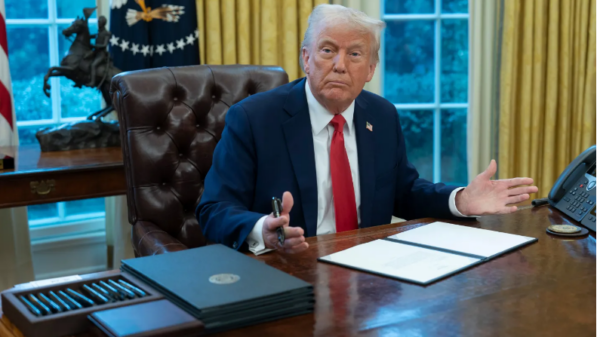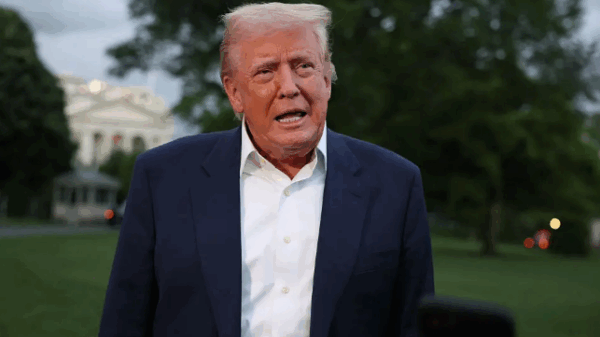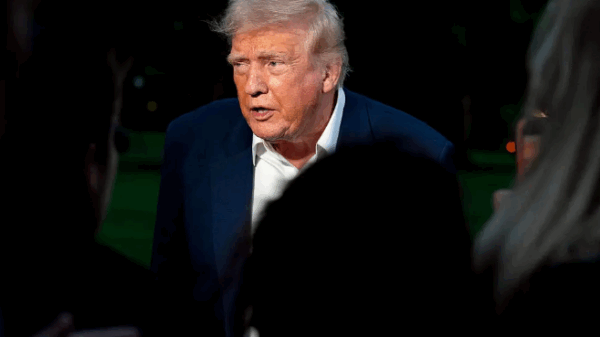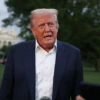The fate of TikTok in the United States is set to be decided by the Supreme Court, which will hear oral arguments on Friday concerning a law that could lead to the popular social media app’s shutdown.
The law, passed in April 2024, could force TikTok’s Chinese parent company, ByteDance, to sell the app to a U.S. company or face an outright ban. The legislation cites national security concerns regarding the app’s foreign ownership and its potential influence over American users. A January 19 deadline has been set for the sale, as the government claims the platform may pose risks to U.S. security through access to sensitive data and potential manipulation of content.
With over 170 million users in the U.S., TikTok has become a cultural phenomenon, affecting everything from politics to entertainment. However, U.S. officials argue that ByteDance’s control over the app provides a gateway for the Chinese government to influence its algorithms and access data on American citizens. The government claims this poses a significant national security risk.
Legal experts suggest that the case presents a complex balancing act between the government’s national security concerns and the First Amendment rights of TikTok users, who rely on the platform for self-expression, political engagement, and information sharing. Alan Rozenshtein, a law professor at the University of Minnesota, notes that if the Court upholds the law, it will likely do so on narrow grounds, without addressing broader questions about social media regulation.
The Biden Administration defends the law, arguing that the government has the constitutional right to regulate foreign-owned entities that pose security risks. In its Supreme Court brief, the Justice Department states that the law doesn’t restrict free speech but addresses the specific issue of foreign ownership of a major communication platform.
On the other hand, TikTok and its users argue that the law violates the First Amendment, asserting that the platform’s algorithms and editorial choices are a form of expression. TikTok maintains that there is no evidence proving ByteDance has manipulated content at the behest of the Chinese government and suggests less restrictive measures, such as requiring disclosure of foreign ownership, would address security concerns.
The case has garnered significant attention due to its political and cultural implications. Congress passed the law with bipartisan support amid concerns about TikTok’s ties to China. The Supreme Court’s decision could have far-reaching consequences for the future of TikTok in the U.S., particularly as the government seeks to regulate the digital space to safeguard national interests.
In a surprising twist, former President Donald Trump has filed an amicus brief urging the Court to delay its decision until after his inauguration. Trump has indicated an interest in resolving the situation and saving TikTok, particularly due to its popularity with young voters. However, legal experts suggest the Court will focus on the core constitutional issues, rather than the political dynamics surrounding the case.
Should the law require ByteDance to sell TikTok, several American companies have already shown interest in acquiring the platform, with potential bids ranging from $20 billion to $100 billion. The outcome of this case could significantly shape the future of social media and U.S.-China relations in the digital age.








































